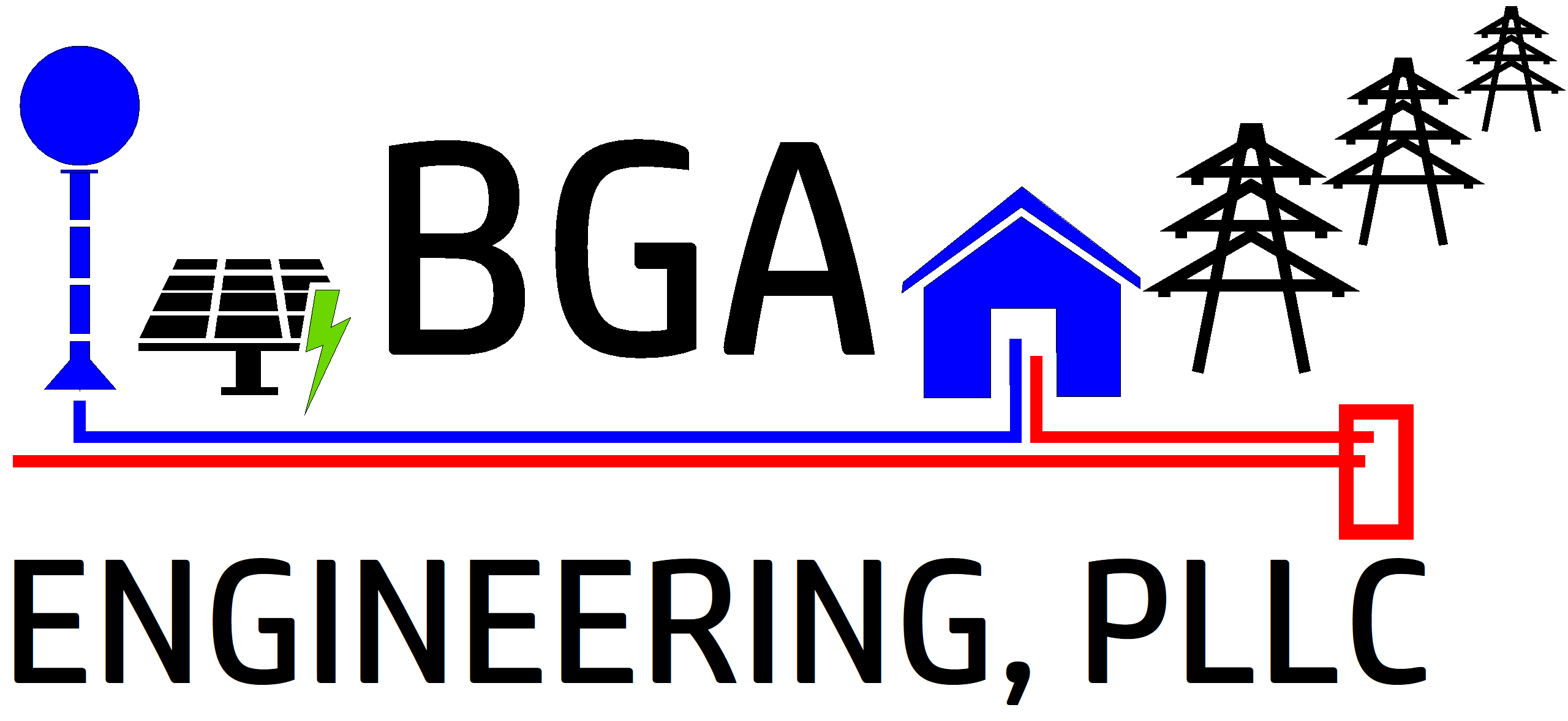Project Management Information Systems (PMIS) and cloud-based SaaS platforms are essential for modern construction projects, enabling real-time collaboration, data sharing, and streamlined communication among stakeholders. These tools support efficient scheduling, budgeting, document control, and progress tracking, ensuring transparency and accountability across teams. By centralizing project data in the cloud, PMIS enhances decision-making, reduces errors, and improves overall project performance, especially in complex, multi-contractor environments.

PMIS FAQs
What is a PMIS in construction?
A Project Management Information System (PMIS) is a digital platform used to plan, manage, and monitor construction projects. It integrates tools for scheduling, budgeting, document control, communication, and performance tracking—ensuring transparency and control throughout the project lifecycle.
Why is a PMIS important for construction projects?
Construction projects are complex and involve multiple teams, documents, and deadlines. A PMIS centralizes information, streamlines communication, reduces errors, and improves decision-making by offering real-time data and insights across all project phases.
What features should I look for in a construction PMIS?
Key features include:
Integration with other platforms (e.g., accounting, BIM)
Schedule management (Gantt charts, critical path tracking)
Document and submittal control
RFIs and change order tracking
Budget and cost tracking
Field reporting and mobile accessibility
Who uses the PMIS on a project?
Owners, project managers, engineers, contractors, inspectors, and subcontractors all benefit from using a PMIS. Access can be tailored to specific roles, ensuring the right people see the right data at the right time.
Is a PMIS cloud-based?
Modern PMIS platforms are typically cloud-based, enabling remote access, real-time updates, and secure data storage—essential for distributed teams and field staff.
Can a PMIS improve project performance?
Yes. A well-implemented PMIS improves accountability, reduces delays and cost overruns, and enhances collaboration—leading to higher quality outcomes and improved client satisfaction.
Is it difficult to implement a PMIS?
Implementation depends on the platform and team readiness. With proper onboarding, training, and support, most firms see rapid adoption and long-term value from PMIS use.
Do you help clients select or manage a PMIS?
Yes. Our team provides guidance on PMIS selection, setup, and day-to-day management, ensuring the system aligns with the project’s goals and integrates smoothly with your existing processes.







